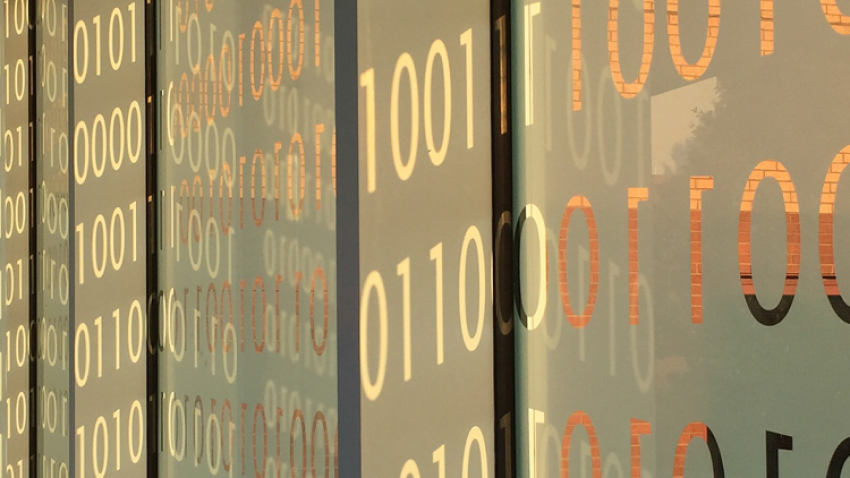
Strong Showing at Computer Science Super Conference
The Federated Computing Research Conference (FCRC) brings together thousands of researchers for 13 computer science conferences in Phoenix, Arizona, June 22 through 28. The College of Computing has a strong presence at this year’s event with Professor Vivek Sarkar serving as chair and eight papers from faculty and students.
“It is an honor for me to serve as the chair for FCRC 2019,” said Sarkar, the Stephen Fleming Chair for Telecommunications. “FCRC is a unique opportunity to attend sessions in conferences outside your research area so that you can be exposed to emerging ideas in other areas of computer science.”
Since 1993, the Association for Computing Machinery (ACM) has hosted the conference every three or four years to foster collaboration among related academic fields such as high- performance computing, theory, architecture, and memory. This year’s conference is the largest in its history, with 2,700 participants and 1,100 students.
The 13 conferences are:
-COLT Conference on Learning Theory
-E-Energy Conference on Future Energy Systems
-EC Conference on Economics and Computation
-HPDC International Symposium on High-Performance Parallel and Distributed Computing
-ICS International Conference on Supercomputing
-ISCA International Symposium on Computer Architecture
-ISMM International Symposium on Memory Management
-IWQoS IEEE/ACM International Symposium on Quality of Service
-LCTES Languages, Compilers, Tools and Theory of Embedded Systems Conference
-PLDI Programming Languages and Programming Systems Research Conference
-Sigmetrics Performance Conference
-SPAA Symposium on Parallelism in Algorithms and Architectures
-STOC Symposium on the Theory of Computing
College researchers have eight papers at four of the conferences, including:
COLT
Combinatorial Algorithms for Optimal Design
Vivek Madan, Mohit Singh, Uthaipon Tantipongpipat, Weijun Xie
Gradient Descent for One-Hidden-Layer Neural Networks: Polynomial Convergence and SQ Lower Bounds
Santosh Vempala, John Wilmes
Lower bounds for testing graphical models: colorings and antiferromagnetic Ising models
Ivona Bezakova, Antonio Blanca, Zongchen Chen, Daniel Stefankovic, Eric Vigoda
HPDC
Kleio: a Hybrid Memory Page Scheduler with Machine Intelligence
Thaleia Dimitra Doudali, Sergey Blagodurov, Abhinav Vishnu, Sudhanva Gurumurthi, Ada Gavrilovska
(This is a best paper award finalist.)
ICS
A communication-avoiding 3D sparse triangular solver
Piyush Sao, Ramakrishana Kannan, Xiaoye Li, Richard Vuduc
Efficient and Effective Sparse Tensor Reordering
Jiajia Li, Bora Ucar, Umit Catalyurek, Jimeng Sun, Kevin Barker, Richard Vuduc
(Read more on the research.)
STOC
Fully Dynamic Spectral Vertex Sparsifiers and Applications
David Durfee, Yu Gao, Gramoz Goranci, Richard Peng
(Read more on the research.)
Flows in Almost Linear Time via Adaptive Preconditioning
Rasmus Kyng, Richard Peng, Sushant Sachdeva, Di Wang
As computing revolutionizes research in science and engineering disciplines and drives industry innovation, Georgia Tech leads the way, ranking as a top-tier destination for undergraduate computer science (CS) education. Read more about the college's commitment:… https://t.co/9e5udNwuuD pic.twitter.com/MZ6KU9gpF3
— Georgia Tech Computing (@gtcomputing) September 24, 2024


